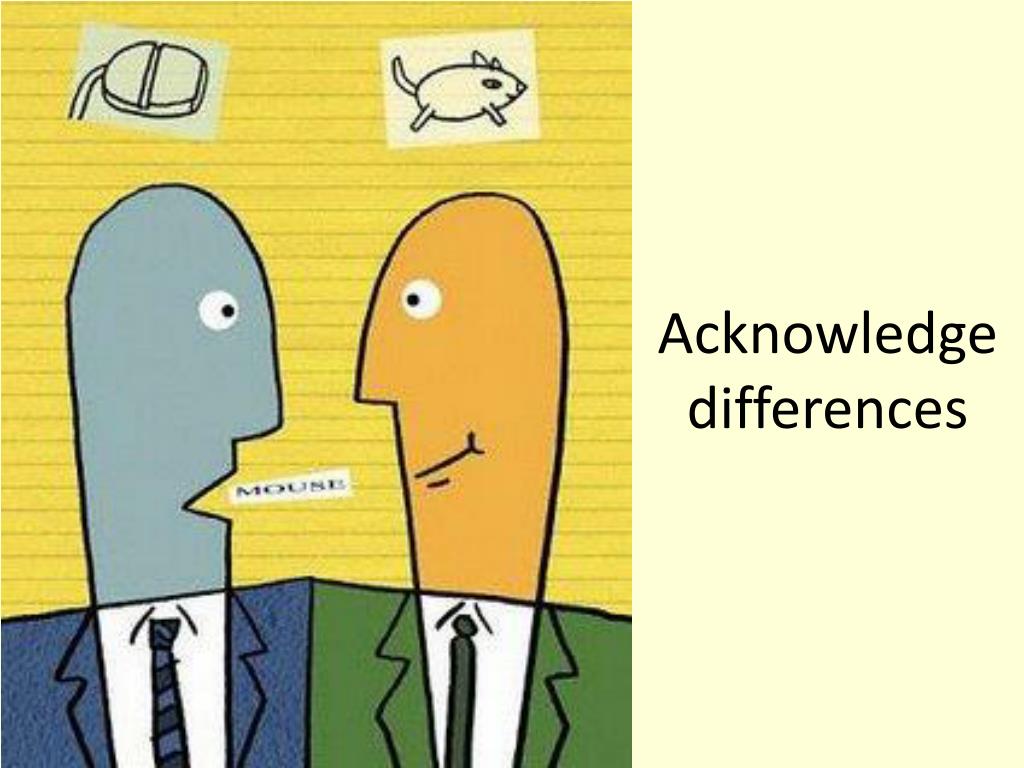The Way of Openness
The Way of Openness, presents a set of skills and attitudes that act as rules of engagement for successful heart and mind conversations between people that disagree over difficult issues that need to be addressed to build trust and good will where it is lacking.
Be Honest
When you are deeply honest, you acknowledge your motives for doing things, and express your thoughts and feelings without faking it. Your honesty prompts others to respond the same way, and with open hearts and minds real communication results.
Be Kind
Kindness goes further toward building trust than the other practices listed here. It is not weak, or naive, or mere politeness. Kindness is an emotional language easily recognized and understood by everyone.
Presume Good Will
We often presume that our critics are stupid, duped or have evil intentions. Sometimes this may be true. But we sabotage any true communication when we presume this is so in advance. Presuming good will is not agreeing with another’s beliefs or values. It grants that others are clear thinking, wise and good-hearted unless proven otherwise.
Listen Well
It is hard to listen well when you focus more on your feelings and thoughts than those of the person addressing you. Listening well is not remaining quiet before you insert your response; it is intense focus on a unique person with a desire for understanding.
Share the Floor
If you want to be taken seriously you must take others seriously. Sharing the floor means allowing others equal time to speak even when you “know” you are right and they are wrong. It acknowledges the mutual dignity of those engaged in conversation.
Acknowledge the Differences
Each human is uniquely different with a unique history and perspective. Acknowledging our important differences openly frees us to know where we stand without having to guess, and creates a tone of trust for real conversation.

Answer the Tough Questions
With genuine differences come tough questions—especially if the goal is a trusting relationship. When you answer tough questions in a strait-forward way, sharing the floor equally and presuming good will, you build strong mutual trust. You can then face offensive issues without taking offense.

Give Credit Where Credit is Due
Any compliment feels good, but a sincere compliment from an unexpected source such as a rival or critic can move our hearts powerfully toward trust. By openly admiring the excellence or good on ‘the other side’ you demonstrate your honesty and fairness, and your confidence that your side can handle the truth.

Speak Only for Yourself
Each of us is unique and we don’t like others—especially outsiders—to stereotype us or claim they know what we really believe or value. So ask, don’t tell others what they think and feel. Also, except when you have been authorized to speak on behalf of others, speak only for yourself and encourage others to do likewise.

Keep Private Things Private
Personal dignity is based in large part on your freedom to choose when and where to share your inner self with others. Being open, honest and trustworthy does not require you to disclose all things to all people. Keeping private things private means you strictly honor someone’s choice to say something to you alone.



